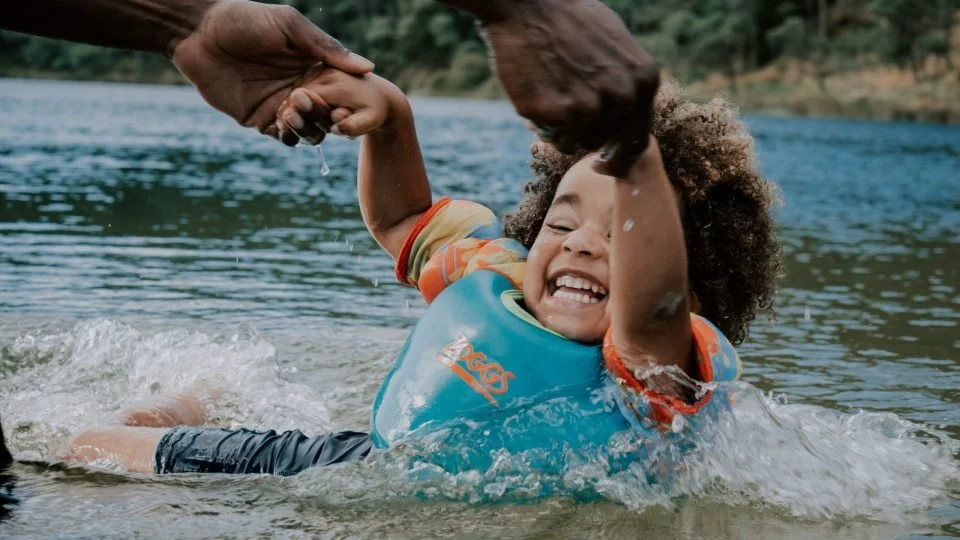Creating Positive Childhood Experiences
The powerful impact of Positive Childhood Experiences, and how you can help create them for the children in your life.
You may have heard of Adverse Childhood Experiences (ACEs), which are stressful or traumatic events experienced during childhood. But have you heard of Positive Childhood Experiences? At CAPS we have been creating these for kids across NSW since 1973!
While less commonly discussed, Positive Childhood Experiences (PCEs) are crucial for setting children up for success in life and helping them thrive. In fact, they can even counteract the negative impact of ACEs! Check out this 2015 study, which found that “proactively promoting PCEs may reduce adult mental and relational problems, even in the concurrent presence of ACEs.” Positive Childhood Experiences are beneficial to children’s development, and you can help facilitate them – whether you are a parent or caregiver, an educator, or even a babysitter or family friend.
There are many opportunities for you to help create Positive Childhood Experiences. This could include taking a child out for ice cream and giving them a chance to talk about their feelings, signing them up for a sport and being there to cheer them on, or even simply playing a game with them.
Here are seven ways that you can create positive experiences for the children in your life:
1. Safety
It is important that children feel protected at home. Children who feel safe and trust their carers to protect them can focus on play and are less likely to experience anxiety.
2. Belonging
Children should feel a sense of belonging, especially in groups and community settings. This is especially important at school.
3. Traditions
Participating in community traditions, including school, cultural, and family traditions, is a strong contributor to creating positive experiences.
4. Support from family and friends
Feeling supported by family and friends is very important and helps children develop confidence and feel a sense of belonging.
5. Time to play
Playing helps children to relieve stress. Adults can also learn a lot about what is going on mentally for children by observing or participating in their play.
6. Adult relationships
Children should have at least two adults (other than their parents) who they feel genuinely support and care for them. This is part of having a strong support network.
7. Acknowledging feelings
Adults should make an effort to acknowledge and discuss feelings with children. Talking about feelings with children helps them build emotional literacy.
If you would like to learn more about Positive Childhood Experiences, this is a good place to start.


